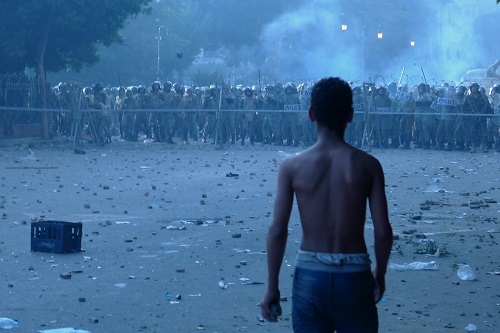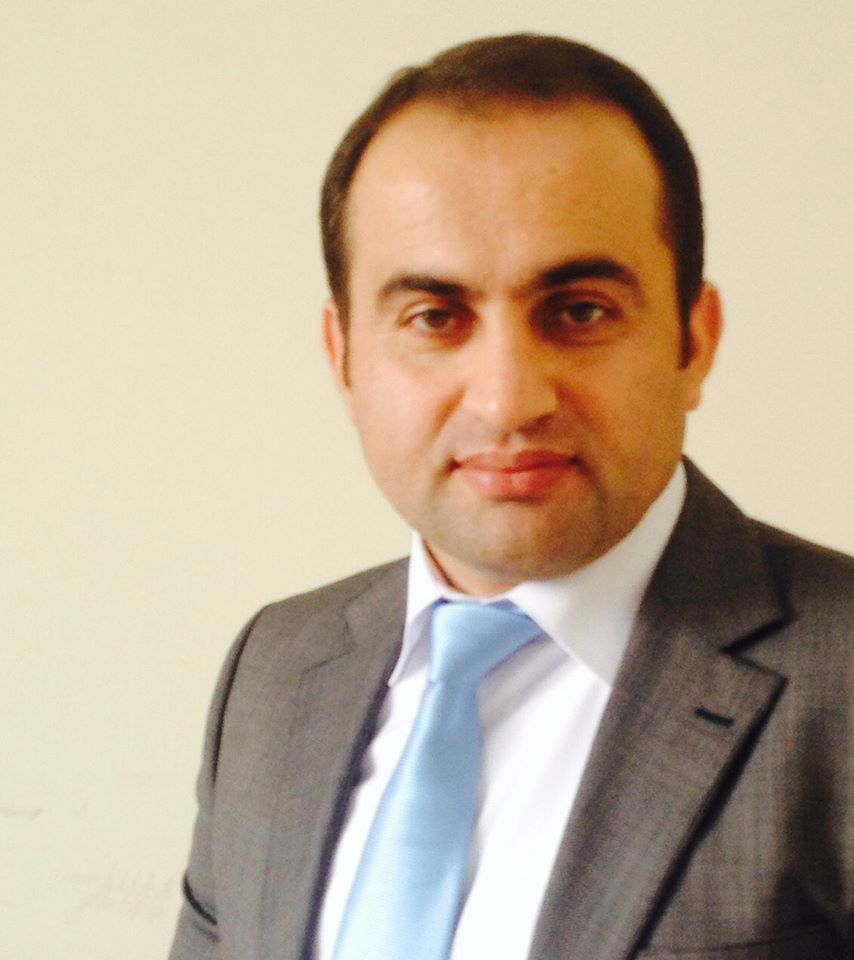Alisdare Hickson photo
By
Zeravan Barwary
It is fact that the Arab uprising has changed the structure of regional security in the Middle East. This resulted in more instability and political crises that have ramifications in security and economic problems. The international community could not deal with the people’s demand for democracy with a moral responsibility through supporting such a call for freedom. Instead several countries have intervened to change the direction of the upheavals towards achieving their strategic goals without any attention to violating human rights through conducting horrible genocidal operations against civilians.
It is worth mentioning also that power politics in the Middle East have prevented the public from reaching their demands for better governance. Therefore, the military coups once again adopted to maintain the structure of regional security served the great powers and some potential powerful countries in the region. Many people believed that the military coup in Egypt and Syria’s Bashar al-Assad remaining in power reflected the end of the Arab uprising. However, this argument was proved wrong. The new developments in Algeria and Sudan show that the second version of the Arab uprising has started and the violence could not end the people’s dreams of freedom.
The second version of the Arab Spring will be different in many ways. First, the military will not involve themselves in terrorizing civilians after what happened in Syria, Libya, and Yemen. It is worth mentioning that the military’s engagement in the first Arab uprising complicated the situation and turned the states into failed states. This can be considered a nightmare experience from which armies in the region will probably avoid in future. Hence, there will be more political mechanisms to deal with the demonstrations in order to protect national security and the state from disorder.
This example is clear in Algeria; even Abdelaziz Bouteflika had a strong connection to the military. However, the Algerian army avoided taking part in the conflict between the demands of people and the dictator’s desire to remain in power. This seems to be the same scenario in Sudan as well. Consequently, the regional instability and immigration problems towards the EU have created problems inside Europe and increased the hate groups’ phenomena that caused tragedies to some minorities, particularly Muslims. This must surely be considered a security threat and may motivate the European Union to deal with the new uprising in a different manner. Here, the power politics and competition over regional influence among different European countries in the Middle East would not be the case in the second Arab upheavals. Hence, the concentration will be on a domestic solution, this to prevent further migration towards the EU.
Third, the Arabic coalition against the uprising is suffering from unaccomplished tasks, particularly in Yemen. Subsequently, the coalition could not deal with new challenges due to its failure to dominate the political situation in the region. The current security problems that face Saudi Arabia, UAE and Egypt are threatening their domestic stability and there is a fear that the storm of the second Arab uprising may attack new capitals including Riyadh. In short, the current developments in Algeria and Sudan reflect the new era and the possible unpredicted events in the coming months. Therefore, both Arab countries and the international community need to deal with the new uprising with more responsibility and respect for the basic principles of human rights.
Zeravan Barwary
Zeravan Barwary is a Kurdish Political analyst and specialist in Turkish policy towards Kurds. He has also published a book on theTurkish policy towards Iraqi Kurds-2003-2008 and is currently a PhD Researcher at the University of Surrey.



No Comments Yet!
You can be first to comment this post!